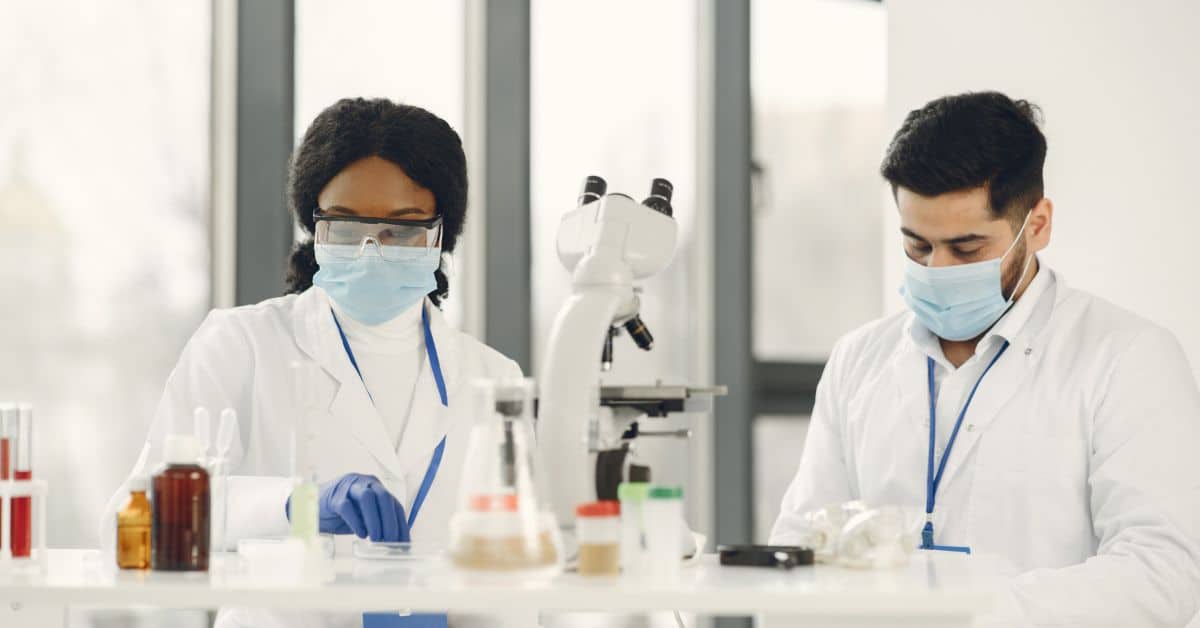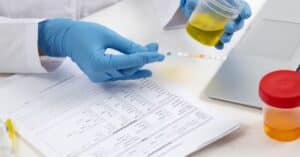In the fast-paced world of healthcare, accurate and timely diagnostic testing is crucial for effective medical treatment. Punjab, known for its rich cultural heritage, is also home to a multitude of medical testing labs. Selecting the right lab for your diagnostic needs is paramount to ensuring reliable results and quality healthcare. In this comprehensive guide, we will explore the factors to consider when choosing a medical testing lab in Punjab and delve into the key aspects that define a trustworthy and efficient facility.
Accreditation and Certification:
The first and foremost criterion for selecting a medical testing lab is accreditation and certification. Reputable labs adhere to stringent quality standards set by accreditation bodies such as the National Accreditation Board for Testing and Calibration Laboratories (NABL) in India. Accreditation ensures that the lab follows international guidelines, employs qualified professionals, and uses state-of-the-art equipment for testing.
Before entrusting your health to a lab, verify their accreditation status. A certified lab not only guarantees accurate results but also reflects a commitment to maintaining the highest standards in healthcare.
Range of Services:
Different medical testing labs specialize in various diagnostic areas. Some may excel in pathology, while others may focus on radiology or genetic testing. Assess your specific diagnostic needs and choose a lab that offers a comprehensive range of services to meet those requirements.
Consider whether the lab provides routine blood tests, pathology services, imaging services like X-rays and MRIs, and specialized tests for conditions such as diabetes, cancer, or genetic disorders. A facility that covers a broad spectrum of diagnostic services can be more convenient and efficient for your overall healthcare needs.
Technology and Infrastructure:
Advancements in medical technology play a pivotal role in the accuracy and reliability of diagnostic tests. When selecting a medical testing lab, inquire about the equipment and technology they use. State-of-the-art instruments and facilities contribute to the precision of test results.
Modern labs often employ automated systems that minimize human error and enhance efficiency. Additionally, well-maintained infrastructure ensures a clean and organized environment, which is crucial for accurate testing and the prevention of contamination.
Qualified and Experienced Staff:
The expertise of the lab’s staff is a crucial factor in the reliability of diagnostic results. Check the qualifications and experience of the lab’s technicians, pathologists, and other healthcare professionals. A competent and experienced team is more likely to handle samples accurately, interpret results effectively, and provide valuable insights into your health condition.
Moreover, inquire about the ongoing training and professional development programs that the lab’s staff undergo. Continuous education ensures that the team stays updated on the latest advancements in diagnostic procedures and technology.
Turnaround Time:
Timely access to diagnostic results is essential for effective medical decision-making. Inquire about the lab’s turnaround time for different types of tests. While some routine tests may have a quicker turnaround, specialized or complex tests may take longer.
Choose a lab that strikes a balance between swift delivery of results and maintaining the accuracy and quality of testing processes. Consider whether the lab offers options for urgent or same-day testing when necessary.
Quality Control Measures:
Reliable labs implement stringent quality control measures to ensure the accuracy and precision of diagnostic tests. Inquire about the lab’s quality control protocols, including internal quality checks, external proficiency testing, and adherence to international standards.
Quality control measures are crucial for identifying and rectifying any errors or deviations in the testing process. A lab that prioritizes quality control demonstrates a commitment to providing trustworthy and accurate diagnostic results.
Cost and Insurance Coverage:
While cost should not be the sole determinant in choosing a medical testing lab, it is an important factor to consider. Compare the costs of diagnostic tests at different labs and assess whether they align with your budget. Additionally, check whether the lab accepts your health insurance, as this can significantly reduce out-of-pocket expenses.
Be wary of labs that offer significantly lower prices, as this may indicate compromises in quality or reliability. Striking a balance between affordability and quality is essential when making your decision.
Customer Reviews and Reputation:
A reputable medical testing lab should have positive customer reviews and a good overall reputation. Search for online reviews, testimonials, and ratings from other patients who have used the lab’s services. Pay attention to feedback regarding the accuracy of results, customer service, and overall satisfaction.
Additionally, inquire within your local community or healthcare network to gather firsthand experiences from individuals who have visited the lab. A lab with a positive reputation is more likely to provide reliable and satisfactory services.
Conclusion:
Choosing the right medical testing lab in Punjab requires careful consideration of various factors, including accreditation, range of services, technology, staff expertise, turnaround time, quality control measures, cost, and reputation. By prioritizing these aspects, you can make an informed decision that aligns with your healthcare needs and ensures the accuracy and reliability of diagnostic testing.
Remember that your health is of paramount importance, and selecting a trustworthy medical testing lab is an investment in your well-being. Take the time to research and evaluate different options, and don’t hesitate to ask questions before making your final decision. A proactive approach to choosing a medical testing lab can contribute to better health outcomes and a more positive healthcare experience.




